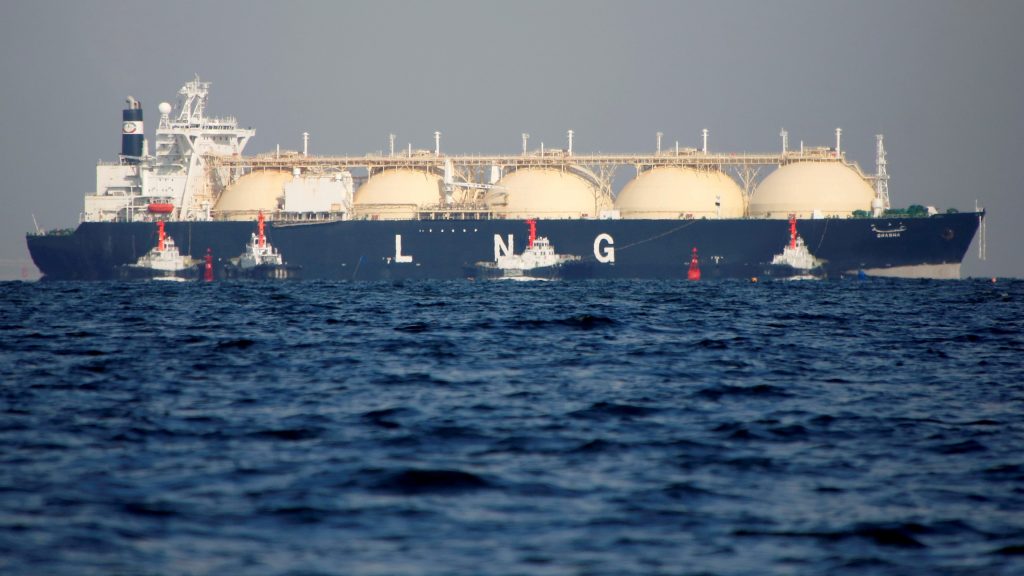
Qatar, the world’s largest seller of liquefied natural gas (LNG), told consumers it was powerless to cool energy prices prices as British steelmakers said they could be forced to halt output in the face of soaring costs.
The rebound in economic activity after the easing of coronavirus lockdowns has laid bare a shortage of natural gas stocks and other fuel supplies, causing blackouts in some countries.
To keep factories open and homes heated, industry executives and governments are having to pay more for energy and revert to coal and oil, the most polluting fossil fuels.
As some generators switched to burning oil, crude futures on jumped by more than $2 a barrel on Monday, with analysts predicting that prices will stay high.
LNG prices, which sank to record lows at the height of pandemic lockdowns, have surged this year to record highs, but the country has no supplies available to take the heat out of the market.
“We are maxed out, as far as we have given all our customers their due quantities,” said Qatar energy minister Saad al-Kaabi. “I am unhappy about gas prices being high.”
Across the globe, the prices are pressuring governments and industry.
Steelmakers in Britain said they may have to shut down production and would face dire consequences unless the government helped.
The government on Sunday said it was working out how to provide support for energy-intensive industries but declined to say what action was being considered.
In China, the world’s second-largest economy and top exporter, the government has sought to boost coal supplies, but the largest provincial economy in China’s northeast rust belt on Monday said it was grappling with worsening power shortages.
The shortfalls sent Chinese energy and petrochemicals futures to multi-year and record highs on Monday.
Demand from data processing added to the strain.
The Dutch Data Center Association has asked political leaders to cap electricity prices, provide corporate tax breaks or introduce subsidies in support of businesses investing in cleaner energy.
(Reporting by Guy Faulconbrige and Nina Chestney in London, Andrew Mills in Doha, Anthony Deutsch in Amsterdam and Emily Chow in Shanghai; Writing by Barbara Lewis; Editing by David Goodman)